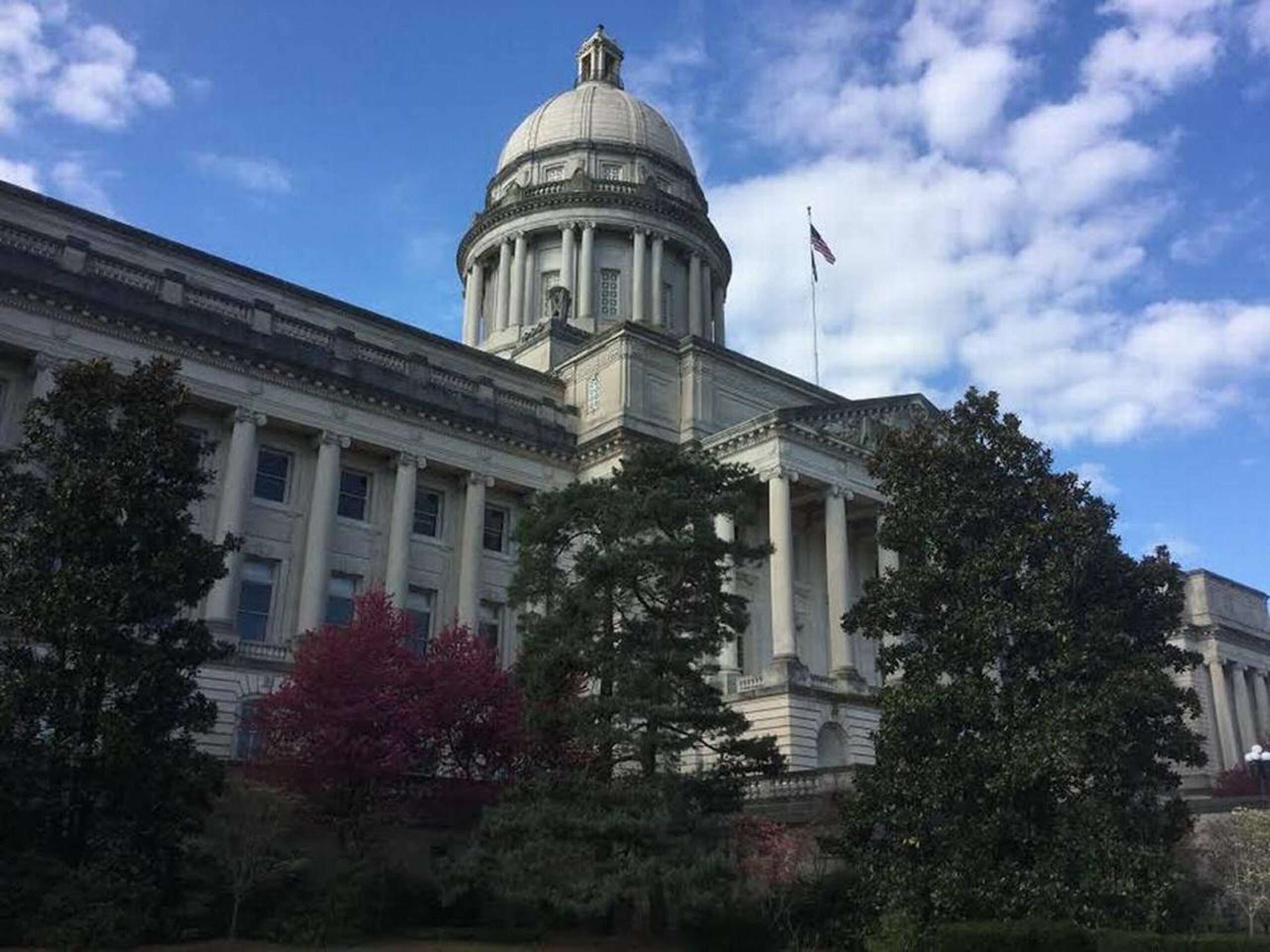Kentucky Confiscates Alcohol and Auctions It to Finance Anti-Alcohol Initiative
The Kentucky Department of Alcoholic Beverage Control (ABC) has marked a significant pivot in the management of confiscated alcohol by initiating its first online auction. This move is spurred by the passage of House Bill 439, a piece of legislation signed into law by Governor Andy Beshear in April, allowing the state to sell vintage spirits. The intent of the auction is to channel the proceeds into the Alcohol Wellness and Responsibility Education Fund, which aims to combat underage drinking by providing educational materials to secondary and post-secondary institutions across Kentucky. While this initiative emphasizes a more productive use of confiscated spirits compared to discarding them, the choice to allocate revenue to support a private corporation raises concerns about the appropriateness of state-sponsored monetization of illegal inventory.
The funds generated from the auction contribute to the Alcohol Wellness and Responsibility Education Fund, which complements its income through a one percent intake from malt beverage excise and wholesale taxes. Although AWARE, the nonprofit overseeing the fund’s activities, operates under the auspices of state leadership—including legislative and executive representatives—there’s a perception of redundancy in this setup. The existence of AWARE creates an overlapping structure that might not effectively justify the additional expenditures associated with operating dual entities while managing the same goal of educating the public about alcohol-related issues.
Kentucky’s alcohol confiscation regulations, based on Kentucky Revised Statutes 241-244, detail various violations leading to the seizure of alcoholic beverages. Certain licensed vendors are prohibited from selling alcohol during specific hours, and the possession of liquor while traversing dry counties presents another legal pitfall. Given that nearly one-third of Kentucky’s counties remain dry, the potential for unjust confiscation exists, where seized items might rightfully belong to individuals under different circumstances. This raises ethical questions about the nature of the auction process and whether those seized items should be rightfully returned to their owners rather than monetized.
The operational strategy of the ABC with regards to confiscated liquor, particularly the auction format, prompts further scrutiny regarding efficiency and accessibility. The stipulation that auctioned items be picked up exclusively in Frankfort restricts participation to a narrow demographic—those willing to travel to that specific location. Such limitations potentially hinder competitive bidding, ultimately resulting in lower auction yields. This inefficiency begs the question of whether the state should engage at all in the auctioning of confiscated goods, considering the opportunity costs associated with narrowing the pool of potential buyers.
There are broader implications regarding the state’s role in addressing the issue of underage drinking, as parental responsibility alongside civil society’s engagement appears to be sidelined. The expectation that state entities and nonprofit organizations should take the lead on educational initiatives may distract from the vital responsibilities that families hold in imparting lessons about alcohol consumption. The conversation shifts to a fundamental debate on whether increased state involvement in alcohol education and management is necessary or if existing frameworks simply perpetuate bureaucratic complexities without addressing the root issue effectively.
In conclusion, the legislative direction taken by Kentucky regarding the auctioning of confiscated alcohol merits a reconsideration of funding allocations and operational models. Instead of duplicating efforts in educational outreach and maintaining the Alcohol Wellness and Responsibility Education Fund alongside the ABC, legislators might consider dissolving this redundant apparatus. A more streamlined approach could ensure that resources are allocated efficiently, channeling efforts toward more effective educational initiatives without perpetuating costly governmental frameworks that limit participation and hinder progress in combating underage drinking.
Share this content:












Post Comment